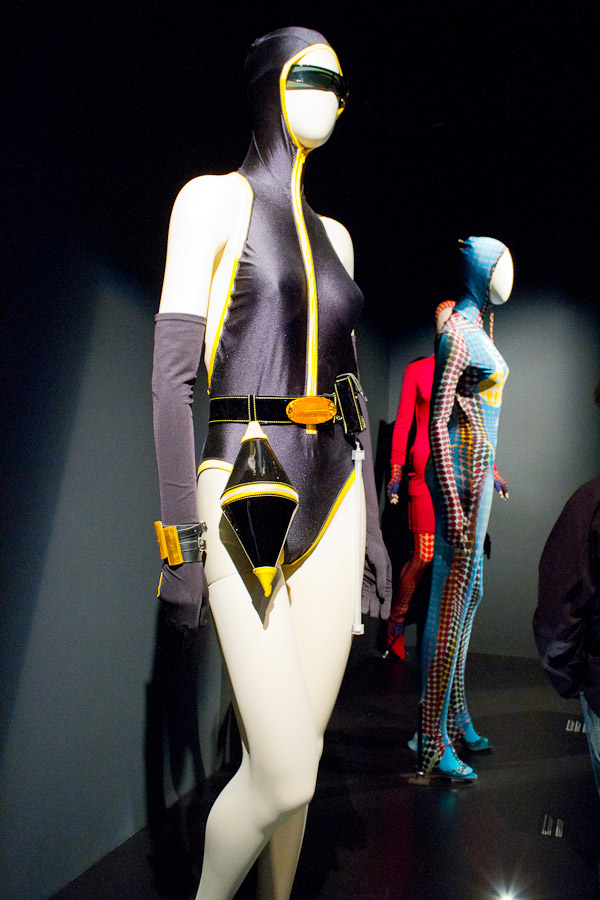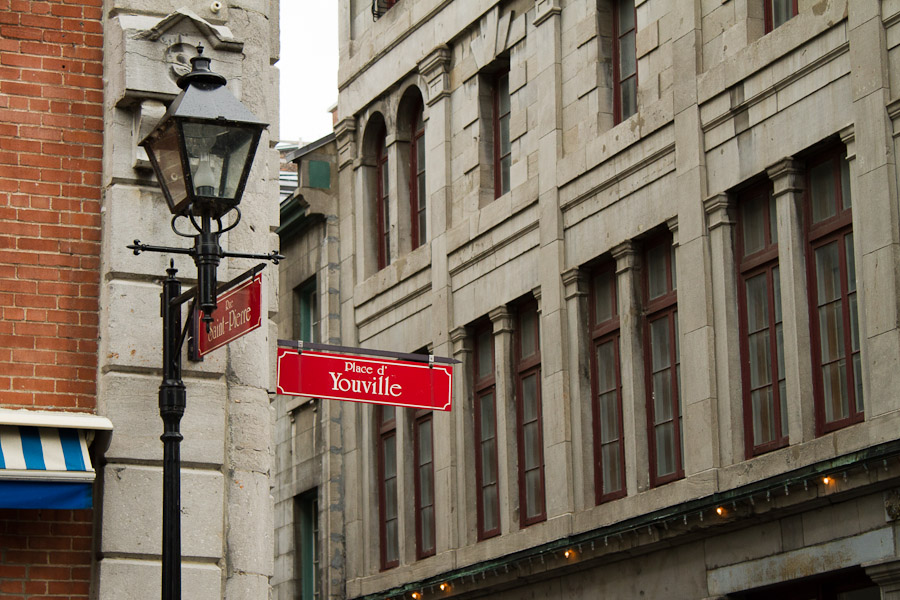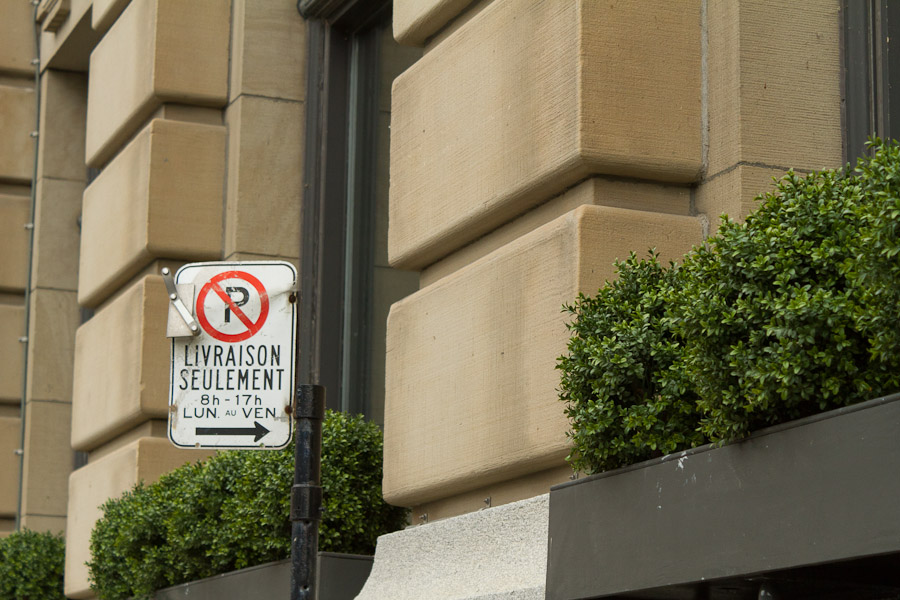Oh, not here. Heavens. We don't have a lot of real conservatives; they're all in the U.K. Like the Prime Minister, for example:
I once stood before a Conservative conference and said it shouldn't matter whether commitment was between a man and a woman, a woman and a woman, or a man and another man. You applauded me for that. Five years on, we're consulting on legalising gay marriage.
And to anyone who has reservations, I say: Yes, it's about equality, but it's also about something else: commitment. Conservatives believe in the ties that bind us; that society is stronger when we make vows to each other and support each other. So I don't support gay marriage despite being a Conservative. I support gay marriage because I'm a Conservative.
Of course, he spouts nonsense about how to fix the economic mess we're in (blaming debt qua debt, rather than the Wild West banking environment that cause a lot of it):
Dealing with our debts is line one, clause one of our plan for growth. But it is just the start. We need jobs - and we won't get jobs by growing government, we need to grow our businesses. So here's our growth plan: doing everything we can to help businesses start, grow, thrive, succeed. Where that means backing off, cutting regulation - back off, cut regulation. Where that means intervention, investment - intervene, invest. Whatever it takes to help our businesses take on the world - we'll do it.
Perhaps if he did something to spur demand, it would help more than reducing regulations. Businesses may want lower taxes, but they'd rather have more customers.
But at least Her Majesty's Government will stay the hell out of people's bedrooms.
Owing to the unceasing rain over the weekend, we visited a couple of museums while in Montréal, including the Musée des Beaux Arts:

My friend particularly wanted to see the exhibit on Jean-Paul Gaultier, the clothing designer whose work I only knew from The Fifth Element. I confess, I did not understand much of the work. This, for example, completely eluded me, though it looks kind of cool:

(That one comes with webbed pumps.)
That's the point of a museum, though: to get exposure to things you wouldn't normally encounter. Still, next time I visit Montréal, I hope to see the sun at least once.
The router at my remote office appears to have a cold, poor thing, which means only my phone and not my laptop can connect to the Intertubes right now. So after finishing this post (in Notepad), I'll go back to reading Joe McGinniss's The Rogue.
Now, I never thought Sarah Palin qualified for any office, let alone U.S. vice president, but even I'm stunned. So, I imagine, is John McCain, who has made unexpectedly reasoned and clear statements that make me think he was abducted by aliens from 2007 to 2009.
Confining myself only to the bits about her incompetence, and skipping all her other objectionable qualities (religious extremism, pettiness, meanness, and general display of narcissistic personality disorder), here's an excerpt from pages 129-130:
In April [2002] the city council had to approve a $14.7 million bond issue to pay for [the new sports complex]. Unfortunately, in her eagerness, Sarah [Palin] authorized construction of the facility on land the city did not own. ...
Her handpicked city attorney, Ken Jacobus, adviced the council to approve construction despite an ongoing court fight over title to the land. ... A parcel of land Wasilla could have bought for $125,000 eventually cost the city more than $1.5 million in judgments and legal fees. ...
Sarah took a city that had no debt and $4 million in cash reserves and in six years turned it into one that had piled up almost $20 million in long-term debt. During her tenure, the cost of debt service increased by 69 percent. She increased the sales tax from 2 to 2.5 percent to pay for the sports arena. While Wasilla's population grew by 37 percent during her tenure, total government expenditures rose by 63 percent, spending on salaries for city employees by 67 percent, money spent on office furniture and equipment by 117 percent, and administration spending on outside professional services by 932 percent.
I can't wait for the movie...
On a quick weekend in Montréal, where it's mostly grey and rainy, I find bits of color:

14:15 ET today, Canon 7D at ISO-400, f/5.6 at 1/100, 55mm, here.
Further down the street:

I just posted this on as a comment to an unfortunate friend's Facebook status. Forgive me; I'm at O'Hare, and kind of punchy:
I left my keys in Boston,
My phone at SFO,
My shoes and belt, I lost 'em too,
But where I just don't know.
I think I saw my keychain last
In Logan's Terminal B.
I only hope the TSA
Will get them back to me.
I'd call them now, those helpful guys
Who kept me from my gate,
But like I said, my phone's long gone,
And now's no time to wait.
At least I know my keys are safe
At Logan's Terminal B.
My belt, my shoes--it starts to chafe
But ain't the skies so free?
(I think the last quatrain needs a little work.)
Chicago-based United Continental Airlines followed this week's ANA publicity with a me too:
Jeff Smisek, head of the parent company for United and Continental airlines, on Thursday said he was last told by Boeing that the first of the 50 aircraft ordered by the company will be delivered to have in service in the second half of 2012.
"We ordered that aircraft in December 2004. So I've been a very patient person," said Smisek, the president and CEO of United Continental Holdings Inc.
I'm writing this from the American Airlines terminal at O'Hare, where I am sad to report American has not yet said when they expect to receive their first Dreamliners.
United Continental plans to use its first 787 for nonstop service between Houston-Bush and Auckland, N.Z., a short 11,930 km and 16 hours apart. Of course, that makes the point of flying a 787 on that route obvious: it's a hugely more fuel-efficient airplane, and more comfortable (which isn't really as important as the fuel savings to any airline, of course).
From the Department of Nerd Studies comes a bit of research even I barely noticed: I'm 15,000 days old today.
Like I said, nerd studies.
Dar Williams performing tonight at Park West, just a few blocks from my house:

Canon 7D at ISO-6400, 1/50 at f/5.6, 250mm
As an added bonus, Joan Osborne opened for her:

Both of them:

Via Krugman, economist Lawrence Mishel shows that businesses aren't concerned about uncertainty:
An examination of current economic trends, and especially what employers are doing in terms of hiring and investment, debunks this story about regulatory uncertainty as the cause of our dismal job growth. An examination of what employers and their economists are saying again and again in private surveys (cited later in this paper) makes it clear that what businesses actually identify as their challenges does not fit this story either. In other words, what the heavily politicized trade associations in Washington (like the [U.S.] Chamber [of Commerce]) are saying does not correspond to the real challenges facing both large and small businesses, even as they themselves perceive them.
Actually, it’s not really “uncertainty” about these potential rules and regulations that is the complaint: the regulatory process is moving along, and the rules are becoming final and therefore certain. But the House Republicans and various business groups are actually trying to delay the rules, prolonging the sense of uncertainty. The bottom line is an old conservative story: that regulation will raise costs and make future business opportunities to sell goods and services insufficiently profitable. The new twist is that these fears are suppressing current investments and hiring, and are thus a major cause of our unemployment problem.
Except it isn't true:
Instead of uncertainty about regulations, there is strong evidence that the absence of job creation reflects the continued unwinding of the financial collapse and the corresponding lack of demand. Firm investments and hiring are lower because they have ample capacity to produce the goods and services they are selling to a shrunken market, while firms are deleveraging at the same time.
Or, as Krugman says, "the willingness of so many people to completely abandon any intellectual principles here, so that they can play for Team Republican" has contributed to policies that actually hurt employment.
 A "cutoff low" parked over southern Lake Michigan Saturday night, giving Chicago unseasonably cool temperatures and non-stop rain for days:
A "cutoff low" parked over southern Lake Michigan Saturday night, giving Chicago unseasonably cool temperatures and non-stop rain for days:
Precipitation within the storm has been "convective" at times--in other words, it's been the product of towering cumulus clouds. The overcast breaks at times in such an environment as air sinks on the periphery of such showers and this permits spells of passing sun. Veteran observer Frank Wachowski reports 48 minutes of sunlight occurred in Chicago Tuesday and the appearance of sun amid the showers has led to a flurry of stunning rainbow sightings in recent days.
The preponderance of cloudiness has taken a toll on Chicago area temperatures. September 2011 ranks the area's coolest in 10 years. The failure of daytime highs at O'Hare the past six days to reach 18°C makes the period the first since observations began there in 1959 to produce so many sub-18°C days in September.
The ejection of the stubborn upper air low is finally in sight. A southward plunge of chilly, early-season arctic air is forcing jet stream winds to buckle southward out of Canada the next few days. The powerful steering winds will finally "pick the closed system up" and lift it out of the Midwest Wednesday night.
Oh, goody. The rain will go away over the weekend, replaced by early-November temperatures hovering around 10°C. (I like cool weather. Most of my readers do not. Oh well.)
The Weather Channel posted a NOAA video showing the low forming, and then stalling, right on top of us.